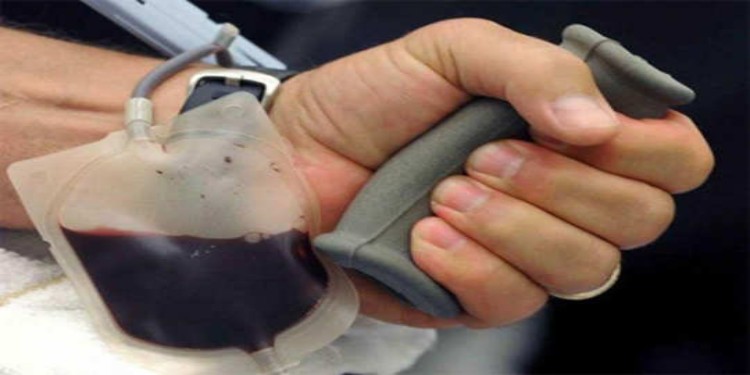In news– The Union Health Ministry has in the Supreme Court supported its 2017 guidelines, which excludes transgender persons, men having sex with men (MSM) and female sex workers from donating blood.
What is the issue?
- The Centre recently told the Supreme Court, through an affidavit filed by the Union Ministry of Health & Family Welfare, that the exclusion of transgenders, gay people, and female sex workers as blood donors by including them in the “at risk” category for HIV, Hepatitis B, or C infections is based on due consideration of scientific evidence.
- The Central government’s response came after Thangjam Singh, a member of the transgender community, moved the Supreme Court seeking to strike down the prohibition on gay and transgender people from donating blood under clauses 12 and 51 of the ‘Guidelines for Blood Donor Selection & Blood Donor Referral, 2017’ issued by the National Blood Transfusion Council (NBTC) and the National Aids Control Organisation on October 11, 2017.
- The present PIL titled ‘Thangjam Santa Singh v. Union of India’ was filed in 2021 by a Manipur-based transgender rights activist, challenging the constitutional validity of the 2017 Guidelines that bar transgender and gay persons from donating blood.
What do the 2017 Guidelines say?
- The governing body of NBTC, in its 26th meeting on June 1, 2017, approved the Guidelines to bring in a Blood Transfusion Service which offers a “safe, sufficient and timely supply of blood and blood components to those in need.”
- The guidelines were designed to promote best practices in Blood Transfusion Sercives to ensure donations from the “lowest risk donors possible”.
- In the present case, clauses 12 and 51 of the Guidelines are being challenged as violative of Articles 14, 15 and 21 of the Constitution of India to the extent they exclude transgender persons, men having sex with men and female sex workers from being blood donors.
- Clause 12 of the Guidelines is titled ‘Risk Behavior” falls under the “Blood Donor Selection Criteria’, and mandates that the donor be free from any determinable disease transmissible by blood transfusion and “not be a person considered at risk for HIV, Hepatitis B or C infections”, such as transgender and gay people, female sex workers, injecting drug users, persons with multiple sexual partners or any other high risk, determined by the medical officer deciding their fitness for blood donation.
- Further, Clause 15 permanently defers those “at risk for HIV infection”, including gay and transgender people, from donating blood.
- Permanent deferral refers to blood donors who will never be allowed to donate blood.














